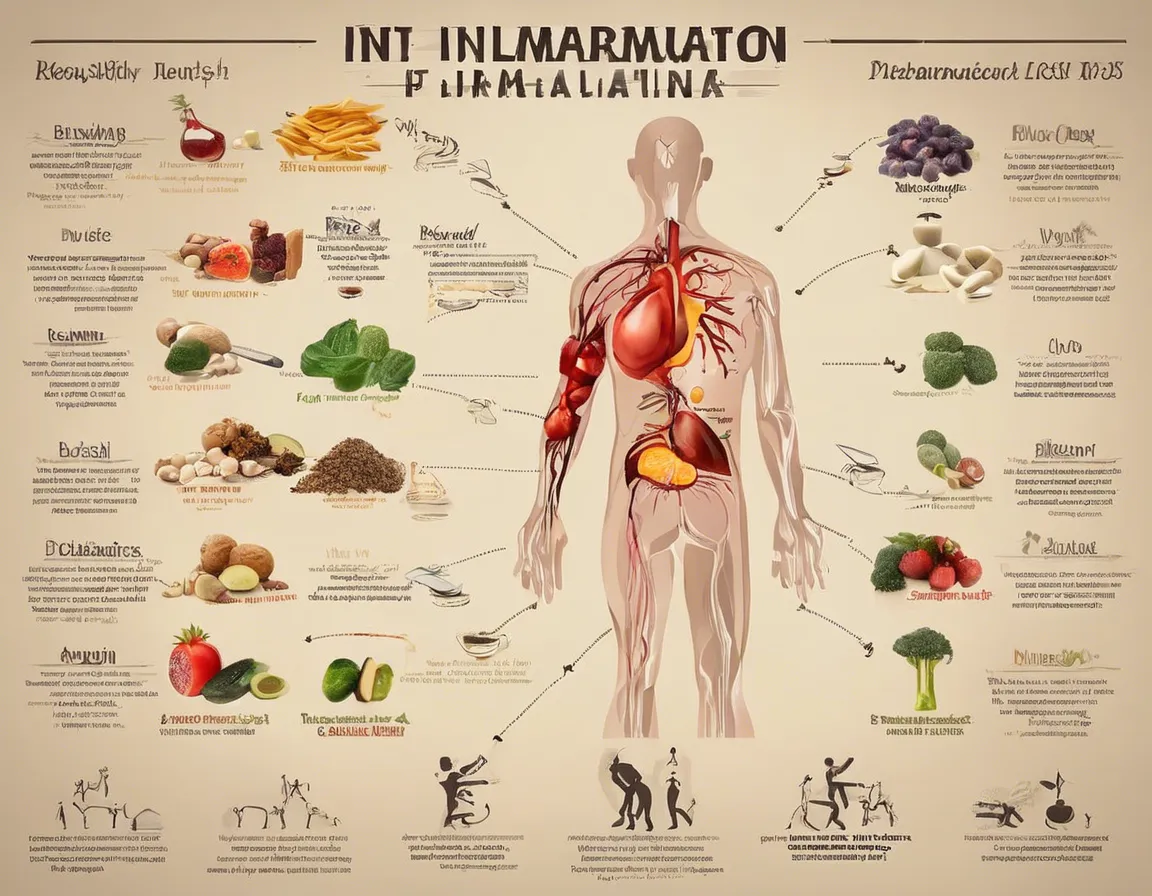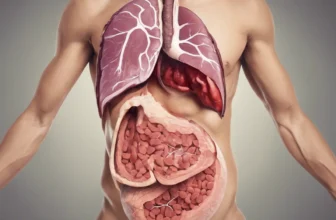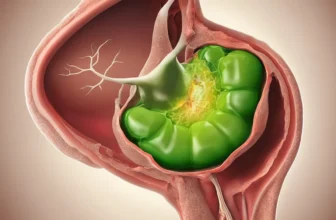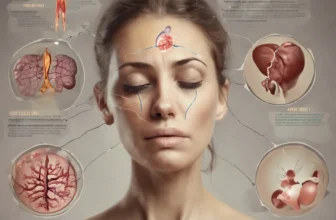
Ever wondered how hormones can influence men’s mood and behavior? From stress to happiness, these tiny chemicals play a big role. Let’s dive into 10 ways they impact everyday life.
Testosterone’s Role

Testosterone plays a big part in how we feel every day. It can affect your mood, making you feel happier or more irritable. This hormone is also linked to how confident you feel in different situations.
Beyond mood and confidence, testosterone also impacts how aggressive or assertive you might be. Higher levels can make you more competitive, which might be useful in some situations but challenging in others.
Testosterone doesn’t just influence behavior; it also affects physical health. For example, it helps maintain healthy bones and muscles. Keeping your testosterone levels balanced is key to overall well-being.
Stress Hormones

Cortisol and adrenaline are key players in your body’s response to stress. They help you react quickly in emergencies but can also make you feel anxious if levels stay high for too long. Learning to manage stress can help keep these hormones balanced.
When you’re stressed, your body releases adrenaline to give you a quick burst of energy. This can be helpful in short-term situations but can lead to problems like insomnia if it happens too often. Finding ways to relax can help keep adrenaline in check.
Cortisol helps control your mood, motivation, and fear. While it’s useful in small amounts, too much cortisol can lead to health issues like weight gain and high blood pressure. Practicing mindfulness and staying active are good ways to lower cortisol levels.
Mood Swings

Feeling like your emotions are all over the place? Hormones such as serotonin and dopamine have a big role in how we feel. These chemicals help with mood regulation, making us feel happy or sad based on their levels.
Serotonin is often called the ‘feel-good’ hormone. It helps stabilize our mood, feelings of well-being, and happiness. When serotonin levels are low, it can lead to feelings of depression or anxiety, affecting our overall mental health.
Dopamine is another important hormone, often linked to pleasure and reward. When we do something enjoyable, like eating our favorite food or completing a task, dopamine is released, making us feel good. Imbalances in dopamine can lead to mood swings and other emotional issues.
Sleep Patterns

Melatonin is a hormone that helps regulate your sleep-wake cycle. It’s produced in response to darkness, signaling your body that it’s time to sleep. If melatonin levels are low, you might find it hard to fall asleep or stay asleep.
When your sleep cycle is disrupted, it can affect your overall health. Poor sleep can lead to issues like weight gain, memory problems, and a weakened immune system. Maintaining a regular sleep schedule can help keep your sleep cycle in balance.
Light exposure, especially from screens, can interfere with your melatonin production. To improve your sleep, try reducing screen time before bed. Creating a relaxing bedtime routine can also help signal to your body that it’s time to wind down.
Energy Levels

Feeling tired or full of energy? Hormones like insulin and glucagon help manage your energy levels. They work together to keep your blood sugar steady, giving you the power to stay active throughout the day.
Did you know that insulin lowers blood sugar by helping cells absorb glucose? This hormone is crucial after eating, making sure your body gets the energy it needs from the food you eat.
On the flip side, when you’re low on energy, glucagon comes to the rescue. It raises blood sugar by signaling the liver to release stored glucose, making sure you have enough energy to keep going, even between meals.
Libido Changes

Testosterone and other hormones play a big role in sexual desire. Changes in these hormones can affect your libido, which might influence your relationships. Understanding these shifts helps in addressing any concerns you might have with your partner.
Hormone levels can change due to age, stress, or health conditions. These shifts might lower or raise your sexual interest. It’s important to talk openly with your partner about these changes to maintain a healthy relationship.
Sometimes, lifestyle changes like diet, exercise, or sleep can impact hormone levels and libido. Keeping a balanced lifestyle can help manage these changes. If you notice significant changes, consider talking to a healthcare professional for guidance.
Weight Fluctuations

Hormones like leptin and ghrelin play a big role in hunger and how your body uses energy. Leptin tells your brain when you’re full, while ghrelin makes you feel hungry. Balancing these hormones helps manage weight better.
Leptin is produced by fat cells and signals the brain to stop eating when you’re full. If you’re overweight, your body might not respond well to leptin, leading to overeating. Understanding this can be key to weight control.
Ghrelin, known as the ‘hunger hormone,’ is released when your stomach is empty. It tells your brain it’s time to eat. High levels of ghrelin can make you feel hungrier, so managing stress and sleep can help keep it in check.
Skin Health

Hormones like androgens can increase oil production in your skin, leading to acne. This is why teenagers often experience breakouts. Balancing these hormones through diet and lifestyle changes can help manage skin issues.
Cortisol, known as the stress hormone, can also impact your skin. High levels of cortisol can lead to inflammation and breakouts. Reducing stress through activities like meditation or exercise can improve your skin’s health.
Understanding how your body reacts to different hormones can be key to better skin health. Simple changes like a balanced diet, regular sleep, and hydration can help manage hormone levels, leading to clearer, healthier skin.
Emotional Connection

Oxytocin, also known as the ‘love hormone,’ plays a big role in creating bonds between people. It helps us feel closer to others and boosts our ability to understand their feelings.
When we hug or share a warm moment with someone, our bodies release oxytocin. This hormone not only makes us feel good but also strengthens our relationships by building trust and empathy.
Interestingly, oxytocin is also released during activities like playing with pets or even when we do something kind for others. These moments of connection can improve our overall sense of well-being and happiness.
Cognitive Function

Hormones like estrogen and testosterone can play a big role in keeping your brain sharp. Estrogen helps improve memory and concentration, while testosterone can boost mental focus. Balancing these hormones is important for maintaining overall mental clarity.
Estrogen is known to support the brain’s ability to form new connections, which is essential for learning and memory. This hormone also helps reduce inflammation in the brain, which can protect against cognitive decline as we age.
Testosterone isn’t just about physical strength; it also influences brain function. Higher levels of testosterone have been linked to better spatial abilities and faster processing speed. Keeping these hormones in check can help maintain mental sharpness and overall brain health.
Conclusion
In conclusion, hormones have a significant impact on men’s mood and behavior. By understanding these effects, men can take proactive steps to manage their emotions and overall well-being. Remember, it’s all about balance and awareness. Keep these insights in mind as you navigate the complexities of daily life.







